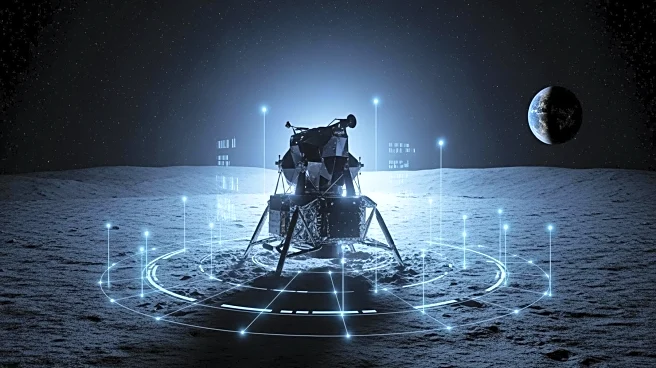Rapid Read • 6 min read
A recent study published in Science has uncovered that ancient interbreeding with Denisovans, an archaic human species, contributed genetic variations that aided modern humans in adapting to new environments in the Americas. The research focused on the MUC19 gene, linked to immune processes, which appears in high frequencies among modern Latin Americans with Indigenous ancestry. This gene variant, derived from Denisovans, may have provided a survival advantage against pathogens encountered during migration into the Americas.
AD
The findings highlight the significant role of ancient interbreeding in shaping human genetic diversity and adaptation. Understanding these genetic contributions can provide insights into human evolution and the development of immune responses. The study may influence future research on genetic adaptations and their implications for health and disease resistance. It also underscores the interconnectedness of human populations and the lasting impact of ancient genetic exchanges.
The study opens avenues for further research into the functional role of the MUC19 gene and its potential applications in modern medicine. By exploring the gene's impact on immune processes, scientists may uncover new strategies for enhancing disease resistance. Additionally, the research emphasizes the importance of genetic diversity in evolutionary success, potentially informing conservation efforts and genetic studies in other species.
AD
More Stories You Might Enjoy











